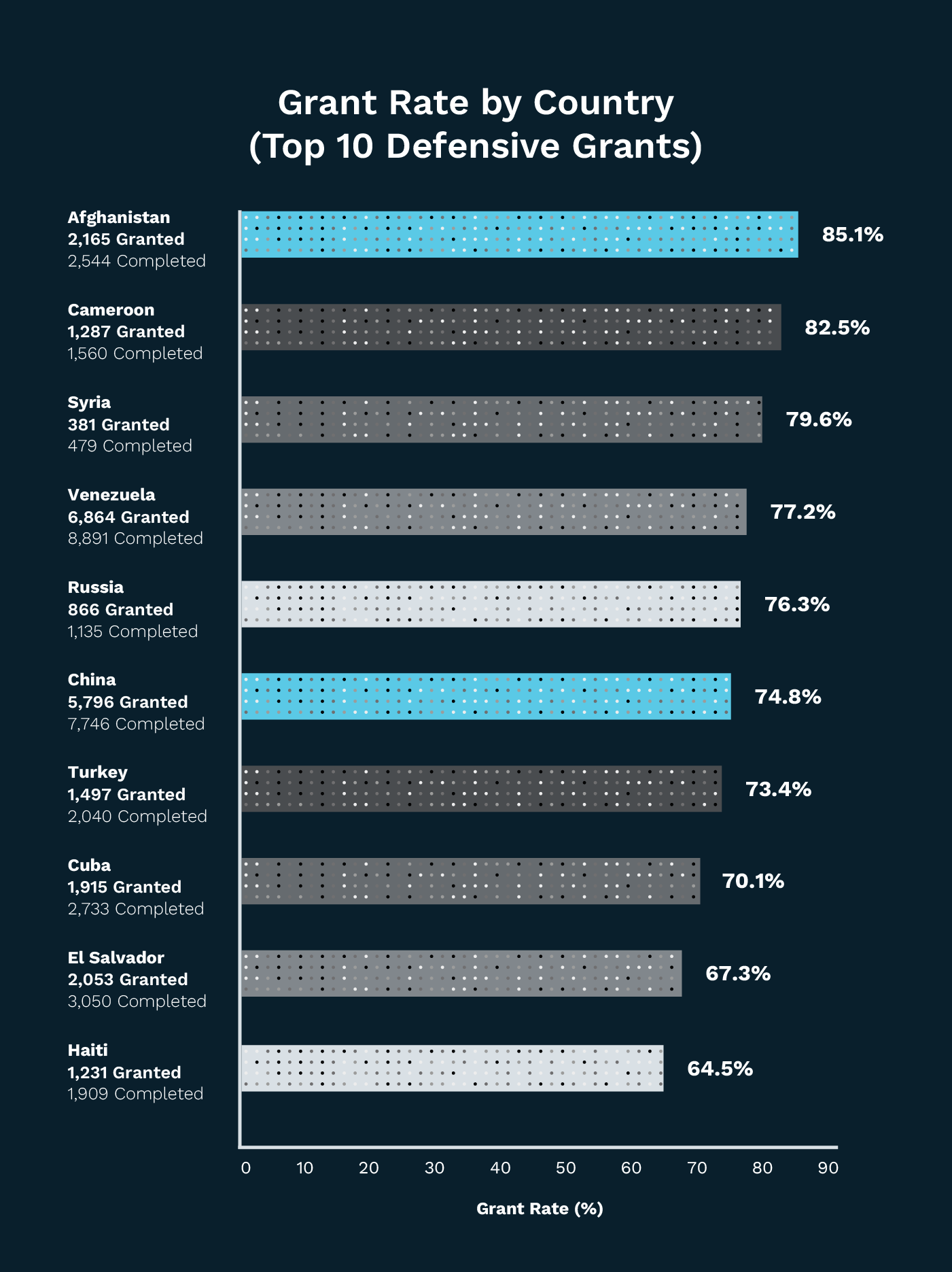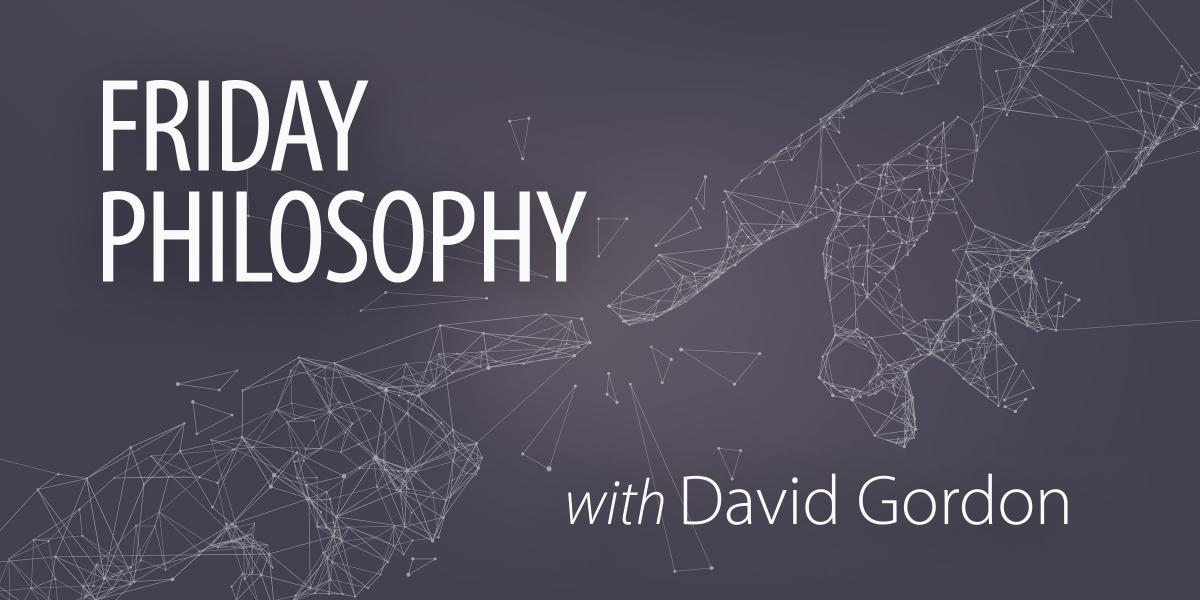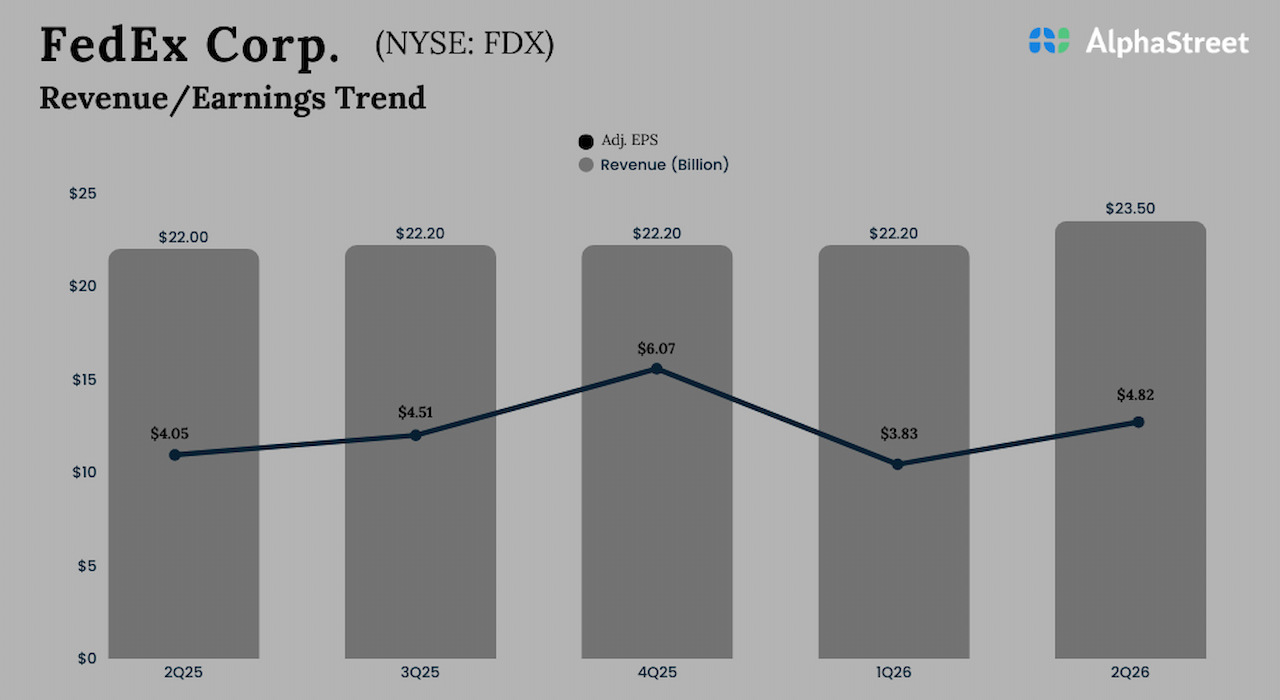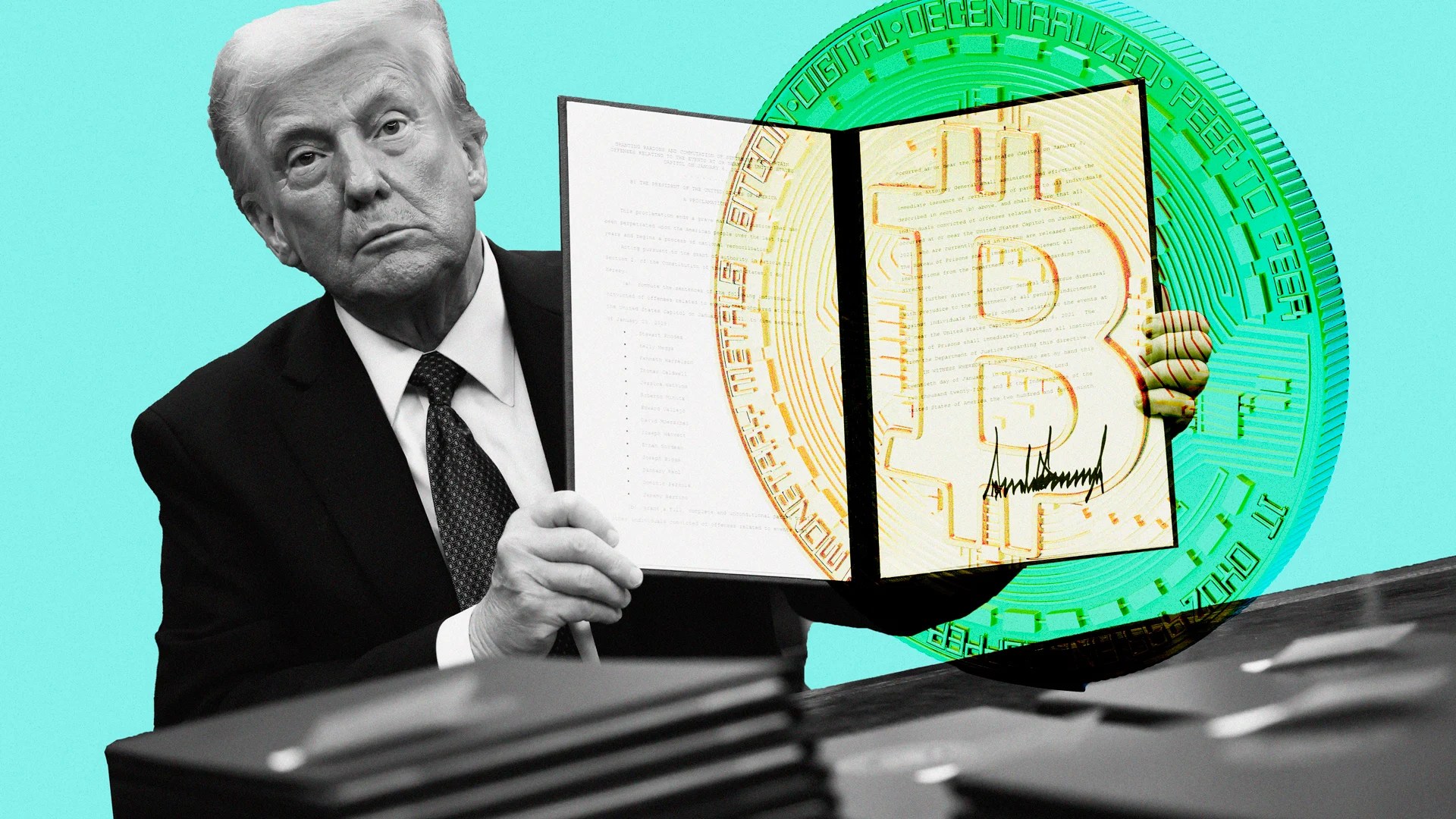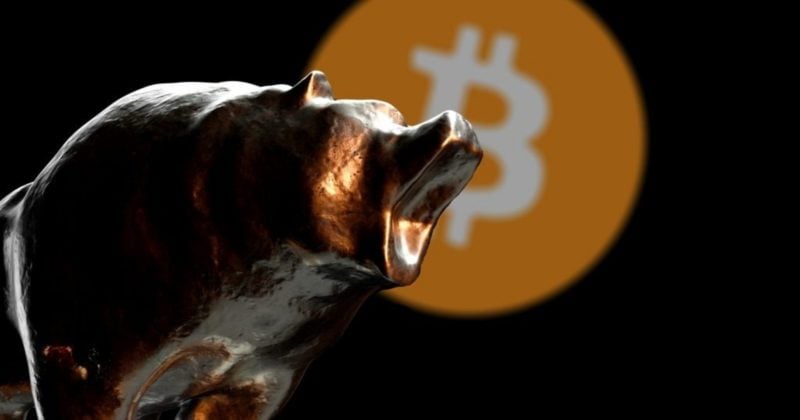The United States is MMT’s monetary sovereign par excellence. Because the US is arguably the place in which MMT might be said to have the “best chance” of working, it is MMT’s favorite example to attempt to propagate their theory. That said, the US is actually not an example proving the validity of MMT, rather it is a compelling counter-example. When it comes to MMT’s commitment to chartalism or the state theory of money, the US disproves it.
MMT, Chartalism, and Definitions
Chartalism is a key foundational tenet of MMT. It has been called one of the “foundation myths” of MMT—“the Chartalist view of money, functional finance with attention to business cycles, and consistent macroeconomic accounting.” The chartalist view of money held by MMT is mainly borrowed from the ideas of G. F. Knapp (1924) who posited that money was essentially the creation of the state and that it received value (demand and purchasing power) because people were required to pay taxes denominated in said fiat-token (see Bylund for a critique).
Briefly, chartalism posits that a political state creates an otherwise worthless fiat-token, requires the people under its jurisdiction to trade real resources to the government in exchange for the fiat-tokens, then the government taxes people in terms of the fiat-token, thus the fiat-token becomes a generally-accepted medium of exchange (i.e., money).
MMTers simultaneously make bold assertions regarding chartalism in history, demonstrate disdain for other monetary theories, and also sometimes claim that chartalism is unnecessary. Strangely, Wray and Taylor admit that, even if chartalism is false, it does not ultimately matter because it is not necessary for Modern Monetary Theory. Chartalism—with its state theory of money—provides a basis that underlies the nature and role of money in MMT. Apparently, MMT uses chartalism and a few dubious examples to appeal to history in order to establish the authority and validity of the theory, only then to throw this element away as irrelevant and unnecessary.
We should also note the typical tonal disdain toward other monetary theories, especially barter leading to a generally-accepted medium of exchange (i.e., the Menger-Mises theory). Wray engages in straw-manning and derision as he describes the “Peter Pan and Lost Boys, Never-Never (Laissez-Faire) Land” that “simply never, ever, existed.” Kelton says that MMT rejects the “ahistorical barter narrative.” Wray speaks about “a fantasized story about barter.”
MMTers strangely vacillate between confident assertions regarding chartalism in economic history, deriding alternatives as ridiculous, errant myths, and saying that their alternative is ultimately unnecessary. With such bold language against opponents, MMT proponents claim to offer a superior alternative (chartalism) while admitting it is unnecessary.
What are the core elements of chartalism without which it would not be chartalism?
This is a key point because many MMT proponents make claims about chartalism occurring historically, but the historical events used as evidence do not even match the definition. Chartalism argues that a government originates money by creating an otherwise-worthless fiat-foken—requiring citizens to exchange real resources for the fiat-tokens, accepting the token alone in payment of taxes, and legally privileging the token (e.g., legal tender, etc.)—then the token becomes a generally-accepted medium of exchange because of these state actions. Thus, because of the state, money becomes money. Each part of this descriptive definition is key. (My definition is open to correction for accuracy and precision).
Changing Definition and Historical Disanalogy
Here is where the definitions get subtly switched. Keep in mind that the key to chartalism or the state theory of money is not that the state intervenes via legal coercion in a system of already-existing monies by creating fiat paper money, legal tender laws, compulsory par laws, suspension of specie payments, etc. We all know that and history is replete with examples of state interventions into money and banking. In chartalism, the state creates money.
It is at this point that MMTers will either get sloppy regarding definitions and historical examples. In short, so-called examples of chartalism in US history are not chartalism according to their own definition. Historical examples are subtly used to illustrate the definition that do not match the definition. Government interventions into money and banking by creation of paper money and other legal instruments are offered as examples of proving chartalism. In reality, not only are they disanalogies between the definition and history, they provide strong evidence against chartalism, especially in the US.
The colonial experience of America and beyond indicates powerful empirical evidence for barter leading to generally-accepted media of exchange (in line with Menger’s theory) and against chartalism. Rothbard and Griffin both described how American colonial history was one in which we observe barter leading to commodity monies among many commodity monies.
Why State & Paper Money Were Accepted
Governments certainly did intervene in money and banking, they did introduce paper monies, they did legally privilege those monies with suspension of specie payments, legal tender laws, and compulsory par laws, they did accept these official paper monies in payment of taxes (even sometimes burning them), and this paper money did often exchange as a medium of exchange. At this point, chartalists claim victory—the government introduced fiat-token money, accepted it in payment of taxes, and it often operated as a medium of exchange!
The key questions, in addition to further historical context, are how and why these colonial governments were able to introduce their paper monies somewhat successfully? Did colonial governments originate money? Did people use the government paper money as a medium of exchange because they needed it to pay taxes?
The reason that Americans accepted various government-created paper monies was because they usually believed it was (or would be) redeemable in real money or money proper (e.g., gold, silver, another commodity accepted as a medium of exchange). Had this not been the case, it is unlikely that government fiat would have been readily accepted (at least without a fight). In fact, the first time that a government issued fiat paper money—in colonial Massachusetts in 1690—it was in the context of already-existing commodity monies coupled with the promise that the paper could be redeemed for specie in the future. In fact, Rothbard writes, “Suspecting that the public would not accept irredeemable paper, the government made a twofold pledge”: that it would redeem the paper for gold and silver in the future and that it would not issue further notes.
In this case, government did create paper money, but it introduced it into a system of already-existing commodity monies. The paper money was used—alongside other monies—as a medium of exchange and to pay taxes, but it could only be used this way because of its established connection with money proper. In terms of spenders—the government and citizens—of course they were all too happy to exchange paper for goods. Of course citizens were all too happy to pay their taxes in paper money (though the government did accept specie in payment of taxes, which it did not burn). Gresham’s law—the artificial, government-favored money drives out real money (“bad money drives out good”)—would indicate that many would prefer to exchange paper for goods and/or to pay taxes (keeping the real money to themselves and/or paying foreigners who demanded the real thing).
Further, all the MMT excitement over the fact that governments often burned the fiat money they accepted in taxes—thereby demonstrating that it was not needed for revenue—should be tempered by the realization that the government already received their benefit from the issuance of their paper money. Fiat money allows governments to spend—exchanging nothing for something—without having the immediate appearance of taxation. This is an almost costless method by which the public sector can extract resources from the private sector. Once a portion of the fiat money returns to government in the payment of taxes, it has served its purpose and might be burned (though they did not discard specie). William Gouge, in his A Short History of Money & Banking (1833), writes,
Every man desires money, because he can therewith procure whatever else he desires. If paper can procure for him the object of his desire as readily as gold and silver, paper is as desirable to him as gold and silver.
It should not surprise us at all that people were willing to use paper money for payment. Buyers were less willing to use gold and those sellers were less willing to accept paper.
Chartalism did not happen in the US. Governments can only attempt fiat money schemes when there is an already-existing, market-chosen medium of exchange. At best, government interventions can affirm a money, giving it a boost as the medium of exchange, but it cannot originate money. The only way Americans accepted government fiat paper money in the first place was because they were misled to believe that the paper money was (or would remain) “as good as gold”—redeemable in specie. In conclusion, read why “Eugenio”—a man writing for the New Jersey Gazette (January 30, 1786)—believed people accepted colonial bills of credit and why they retained their value,
It is true that government did not raise a sum of coin and deposit the same in the treasury to exchange the bills on demand; but the faith of the government, the opinion of the people, and the security of the fund formerly by a well-timed and steady policy, went so hand in hand and so concurred to support each other, that the people voluntarily and without the least compulsion threw all their gold and silver, not locking up a shilling, into circulation concurrently with the bills; whereby the whole coin of the government became forthwith upon an emission of paper, a bank of deposit at every man’s door for the instant realization or immediate exchange of his bill into gold or silver. This had a benign and equitable, a persuasive, a satisfactory, and an extensive influence. If any one doubted the validity or price of his bill, his neighbor immediately removed his doubts by exchanging it without loss into gold or silver. If any one for a particular purpose needed the precious metals, his bill procured them at the next door, without a moment’s delay or a penny’s diminution. So high was the opinion of the people raised, that often an advance was given for paper on account of the convenience of carriage. In the market as well as in the payment of debts, the paper and the coin possessed a voluntary, equal, and concurrent circulation, and no special contract was made which should be paid or whether they should be received at a difference. By this instant realization and immediate exchange, the government had all the gold and silver in the community as effectually in their hands as if those precious metals had all been locked up in their treasury. By this realization and exchange they could extend credit to any degree it was required. The people could not be induced to entertain a doubt of their paper, because the government had never failed them in a single instance, either in war or in peace. (emphasis added)




